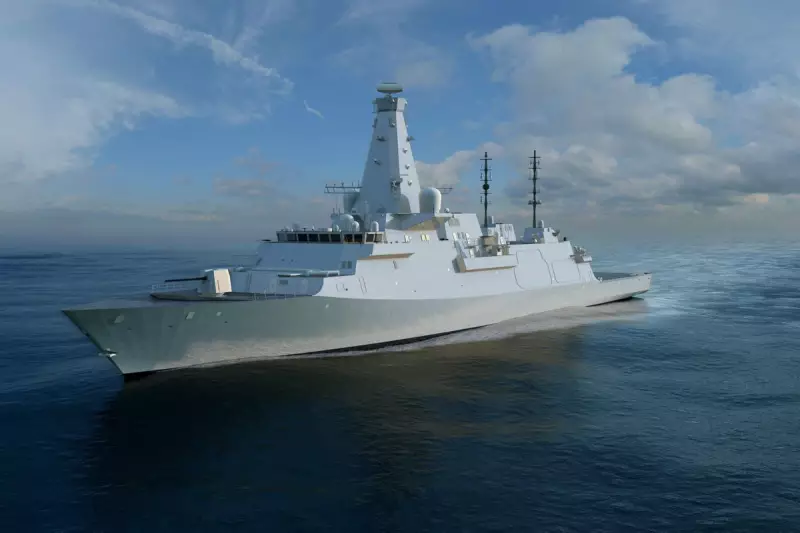
In a significant move to fortify North Atlantic security, the United Kingdom and Norway have unveiled a major new defence partnership focused on anti-submarine warfare. The agreement, announced by Prime Minister Keir Starmer, represents a direct response to the growing threat posed by Russian submarine activity in the region.
The pact will see the Royal Navy and the Norwegian Navy intensify their collaboration, sharing expertise and resources to track and deter potential underwater threats. This enhanced cooperation marks a strategic deepening of the long-standing defence relationship between the two NATO allies.
A Strategic Response to a Growing Threat
The initiative comes amid heightened concerns over Russian naval manoeuvres in the strategically vital GIUK Gap—the sea passage between Greenland, Iceland, and the UK. This area serves as a chokoint point for Russian submarines moving between their Arctic bases and the open Atlantic.
"This new partnership with Norway is absolutely essential for safeguarding our northern waters," a defence source stated. "We are facing a generation of new, quieter Russian submarines that are increasingly difficult to detect. Working closely with our Norwegian allies gives us a critical advantage."
Building on a Strong Foundation
The UK-Norway defence relationship is already robust, particularly through the Joint Expeditionary Force and their shared membership in NATO. This new agreement specifically enhances cooperation in anti-submarine warfare (ASW), a domain where both nations possess significant expertise.
The Royal Navy's advanced Type 23 frigates and soon-to-enter-service Type 26 frigates are specially designed for anti-submarine operations. Norway operates a fleet of highly capable Ula-class submarines and P-8 Poseidon maritime patrol aircraft, making it an ideal partner in this endeavour.
Integration with Broader Security Alliances
While distinct from the AUKUS security pact between Australia, the UK, and the US, this new agreement with Norway demonstrates the UK's commitment to building a network of allied partnerships to address global security challenges. It signals the Starmer government's prioritisation of European security cooperation alongside its global commitments.
Defence analysts have welcomed the move, noting that collaboration in the demanding environment of the North Atlantic provides invaluable operational experience and strengthens deterrence against potential adversaries.
This partnership is expected to involve joint exercises, shared intelligence, and possibly the coordinated deployment of maritime patrol aircraft and warships, creating a more comprehensive picture of underwater activity in the North Atlantic and enhancing the security of both nations.





